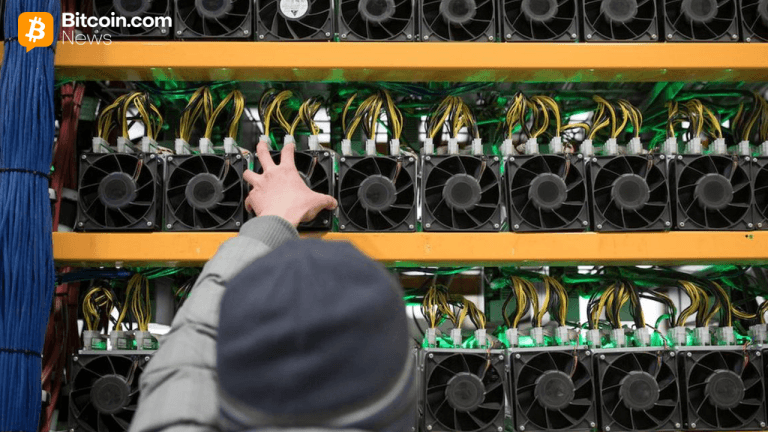14 Important Factors Impacting Commercial Real Estate In 2021 And Beyond
5 min readLike nearly every industry, the Covid-19 pandemic has rattled the commercial real estate (CRE) sector. As businesses reopen, owners are being forced to make tough decisions, such as whether or not they should continue to rent office space. Consequently, landlords and other CRE investors may see a continued impact on their revenue stream.
As experts in their field, the members of Forbes Real Estate Council keep their eye on growing industry trends that might influence potential investment and real estate deals. Below, 14 of them share some important factors impacting CRE investments in 2021 and beyond, and how investors can prepare.
1. Higher Demand
The market for the latter half of the year will continue to grow at its current torrid pace, fueled by low lending rates and inflationary pressures. Investment property owners will try to cash out while the markets are hot. Demand for investments properties will continue to increase in the secondary and tertiary markets as investors seek slightly higher yields. – Eric Shirley, Four Oaks Capital
2. Increased Office Vacancies
For offices, it’s the lease renewals. The economy is coming back but unemployment is up, work from home is up and people are relocating. I predict that most stable companies will renew their leases but flock to smaller space requirements which will create vacancies in many areas. – Ken McElroy, MC Companies
Forbes Real Estate Council is an invitation-only community for executives in the real estate industry. Do I qualify?
3. Changes In Federal Aid
We should watch closely how federal involvement in business loans will develop. It is also likely that if inflation continues to grow, the federal government will be forced to intervene on interest rates. Watching for the changes in the Federal Reserve’s economic outlook will help business owners decide whether they should buy or lease commercial space. – Marco Del Zotto, LIV | Sotheby’s International Realty – Breckenridge CO
4. Wider Adoption Of Technology
The pandemic has put a real focus on the power of data, and instant access to market intelligence is enabling smart investors to operate outside of their existing asset classes and geographical regions. Wider adoption of technology and a better understanding of market data will only increase the demand on already limited stock availability. – Oli Farago, Coyote Software
5. More Demand And Less Supply
There is more demand for commercial investment properties than ever before with less supply. High-net-worth individuals are purchasing real estate to hedge against inflation and take advantage of the low-interest rates. With the scarcity of residential properties, many are looking to commercial instead, leading to more competition for investment opportunities. Time is of the essence now more than ever. – Catherine Kuo, Elite Homes | Christie’s International Real Estate
6. A Debate Over Office Space
The return to the office and the conditions associated with pandemic measures are important factors. Think about what amount of space will be required and will employees accept a return to the old office paradigm versus remote working. Several companies are implementing mandates for vaccines and could play a factor for many. – Michael J. Polk, Polk Properties / Matrix Properties
7. Greater ESG Impact
The one important factor is the impact of environmental, social and governance (ESG) because it’s influencing real estate from every perspective. It’s impacting the tenants, the space they want to use and their willingness to return to the office. It’s impacting access to capital markets to raise equity and debt. It’s also impacting the value as more and more cities, states and countries look at regulation to drive ESG. – Bradford Dockser, Green Generation Solutions, LLC
8. Surging Investor Interest
Occupancy concerns, lack of rent growth and other pandemic-related factors have put capital on pause. Now, capital from investors and lenders flowing back into the market after a 15-month hiatus. Know that when you find a deal you like, act quickly since the market is highly competitive right now. – Lee Kiser, Kiser Group
9. Steady Increase In Capital
The availability of capital is one of the primary factors that has kept specific commercial real estate sectors thriving through the pandemic. In past recessions, there was a lack of capital. During the pandemic recession, there was an abundance of available capital for specific types of investments including industrial, multi-family, self-storage and health science real estate. – Richard Lackey, City Commercial Real Estate, Inc.
10. Real Valuation
Real valuation remains remarkably problematic with what continues to be oceans of available liquidity flowing from central banks. Without these programs, I think we’d see more rapid adjustments in value reflective of rapidly shifting consumer and digital staff patterns. Said differently, one important factor is in many cases that CRE value is whatever a central bank says it is at the moment. – Clark Twiddy, Twiddy & Company
11. Inflation
If inflation continues to remain high or even grows further, the Fed will be forced to act and raise rates. It is yet to be determined whether the current elevated inflation is temporary or is here for the near future. It’s possible the supply chain issues will work themselves out and cause inflation to go down, but maybe not. – Nick Ron, House Buyers of America
12. Shifting Tenant And Resident Expectations
There are shifting tenant and resident expectations for commercial real estate. As consumers expect the same customer experiences from where they work and live that they can get from food delivery apps, etc., commercial real estate leaders will have to adapt to meet those expectations. This will enable groups that adapt quickest to stand apart from the rest, demanding greater market share and premiums. – Benjamin Pleat, Cobu
13. Increase In Federal Government-Sponsored Loans
The single most important factor impacting the commercial real estate space is Federal Government-sponsored loans for businesses looking to purchase their own space. With SBA 504 and 7(a) loans in the 3% range, it does not make sense for these businesses to continue leasing space. If you are not looking at this segment of the market, you’re missing out on a hot opportunity right now for brokers. – Sherman Ragland, The Realinvestors®️ Academy, LLC
14. Retail May Suffer
Be aware that post-Covid office building space may increase as companies adopt a flex work program. The need for large spaces to house employees will decrease causing building vacancies to increase. Retail in certain areas will suffer as fewer office workers bring fewer people to restaurants and shops in business areas. – Steven Minchen, Minchen Team







